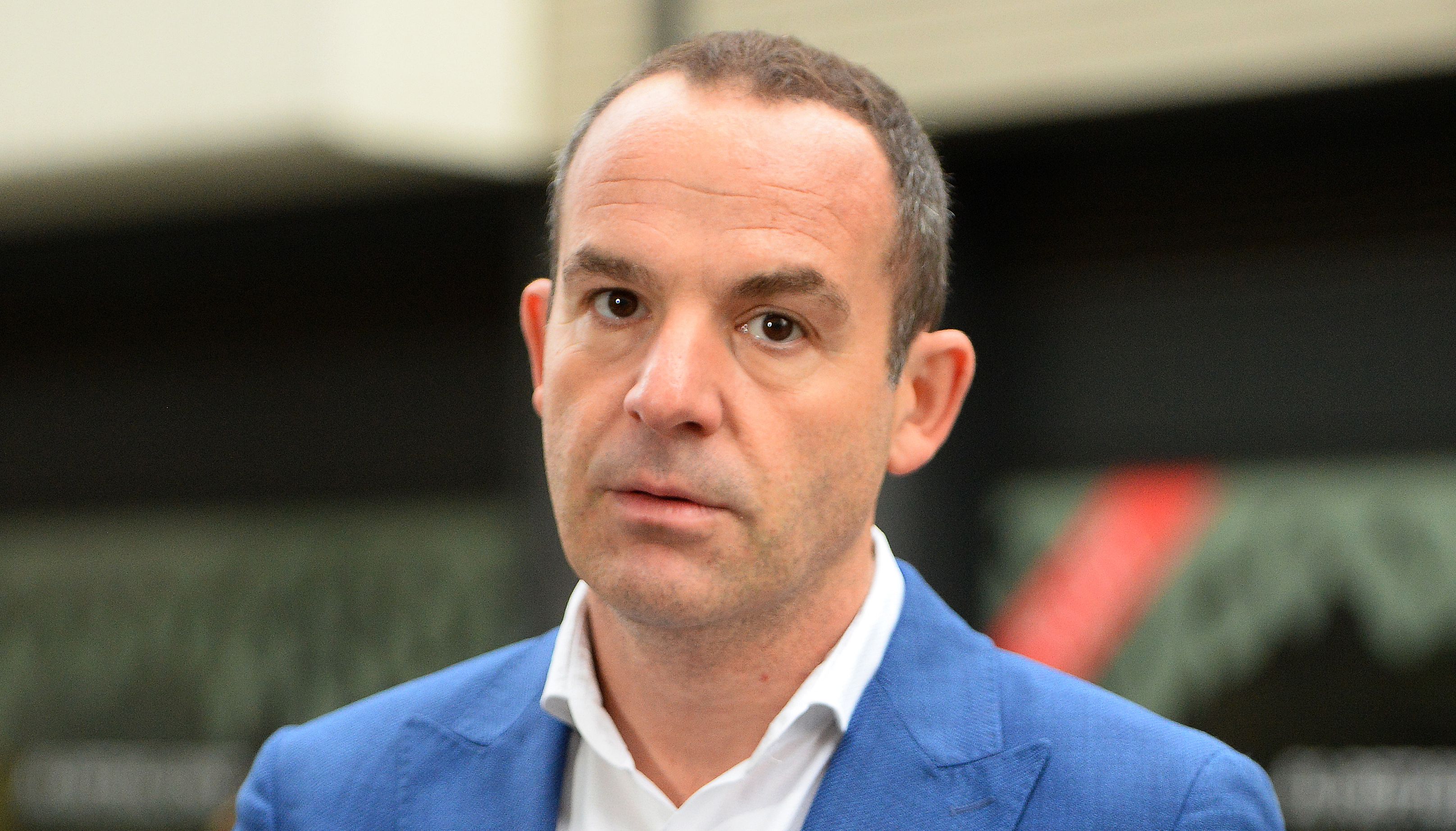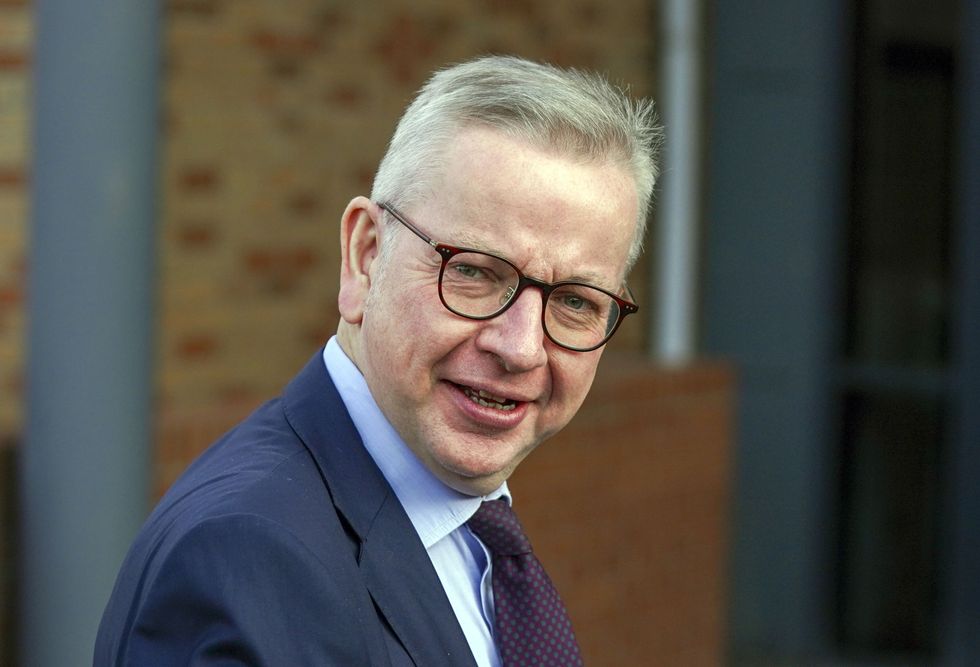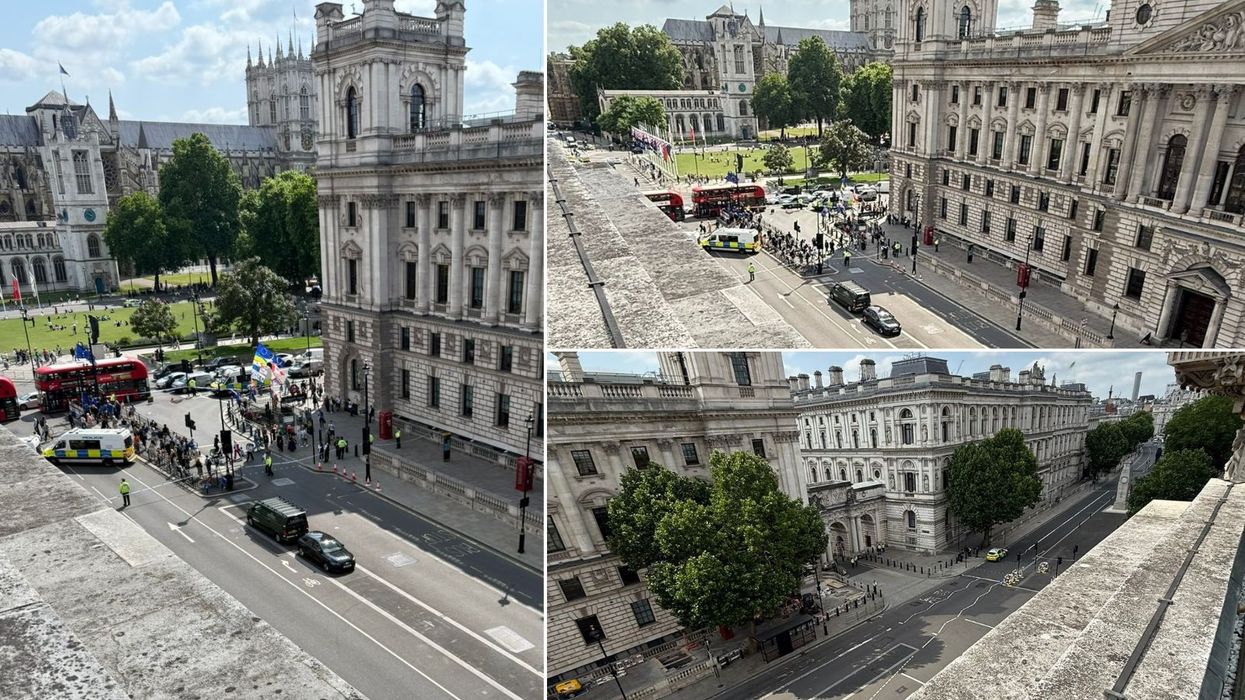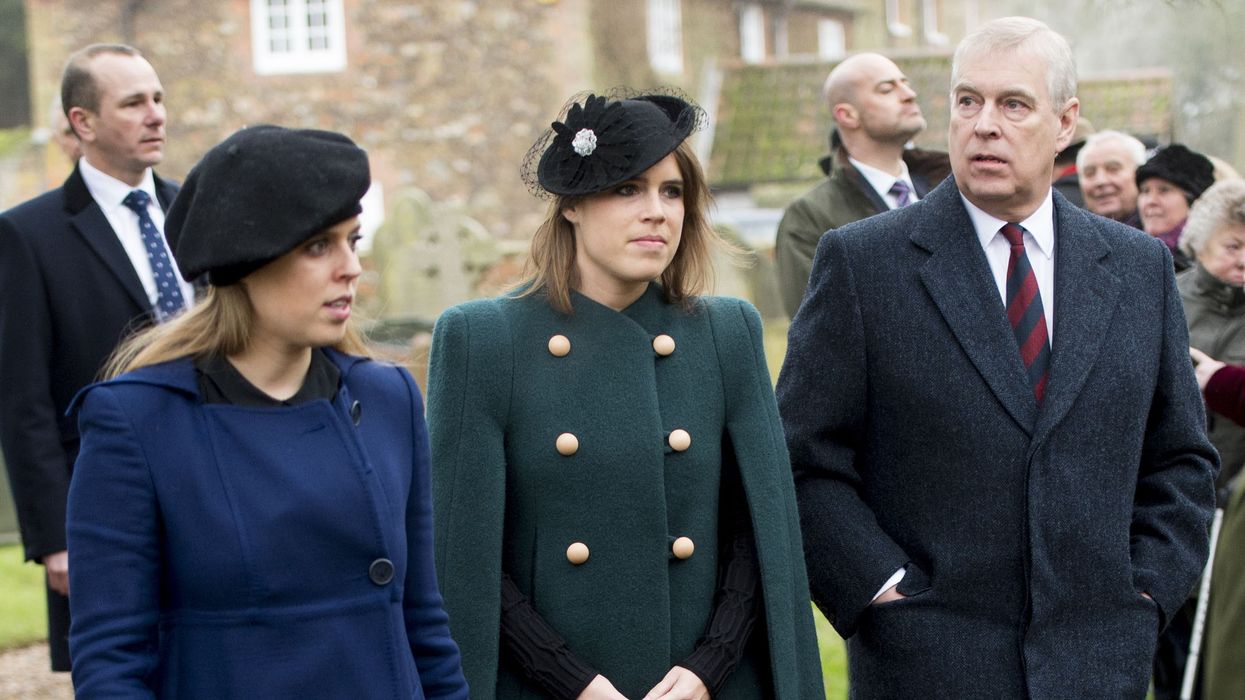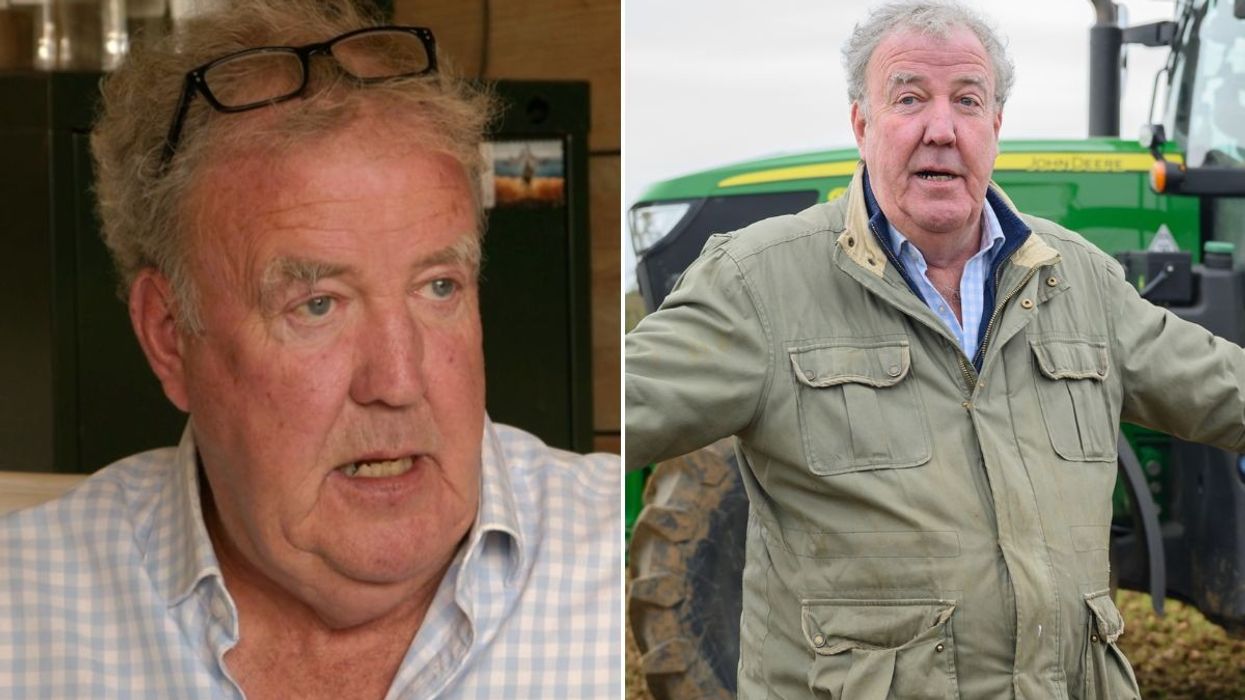The money saving expert told followers that wholesale energy prices have “spiked” over the last week
Don't Miss
Most Read
Latest
Martin Lewis has urged people to act “as soon as possible” if they are thinking about fixing into a new energy deal.
Taking to Twitter, the money saving expert told followers wholesale energy prices have “spiked” over the last week.
He warned followers: “Wholesale energy prices have spiked over the last week, so it's plausible energy firms will pull the cheapest existing customer fixes & replace with costlier.
“If you are considering fixing, my best guess is go asap.”
The spike means that cheaper deals offered by electricity companies could be pulled and replaced with more expensive ones.
The price cap currently sits at £2,880 a year for standard use, Martin has suggested that if you have been offered a fix less than 35% over your current capped tariff it could be worth switching.
He recommends E.on and EDF as two suppliers currently with fixed energy tariffs that could be worth looking at.
Martin Lewis has urged people to act “as soon as possible” if they are thinking about fixing into a new energy deal.
Kirsty O'Connor
E.on is currently offering a £2,571 a year tariff, EDF are offering a £2,650 a year tariff with £300 dual-fuel exit fees.
The spike is the latest in a string of issues contributing to the ongoing cost of living crisis.
On Thursday the Bank of England raised its interest base rate to the highest point since the start of 2009 as it hiked its inflation predictions for the autumn.
The Bank’s experts set the rate at 1.25%, a rise from 1% previously, and the fifth increase in a row as it tries to tame runaway inflation.
It also warned that prices for households across the country might increase even further than previously thought.
Michael Gove warned that Britain faces “tough times” ahead as the Government and Bank of England act to “squeeze” inflation out of the economy.
The Communities Secretary said the UK was undergoing a “painful” economic “correction” as a result of the war in Ukraine and the aftermath of the pandemic.
Michael Gove warned that Britain faces “tough times” ahead.
Steve Parsons
He said that while the Government had a duty to help the “very poorest”, the pressure on the public finances meant it was unable to provide the level of support to people that it would like.
“We need to be clear that, while Government has a responsibility to help the very poorest at a time when the cost of living is increasing, we also have a responsibility to bear down on the root causes of inflation,” he said speaking at The Times CEO Summit in London.









